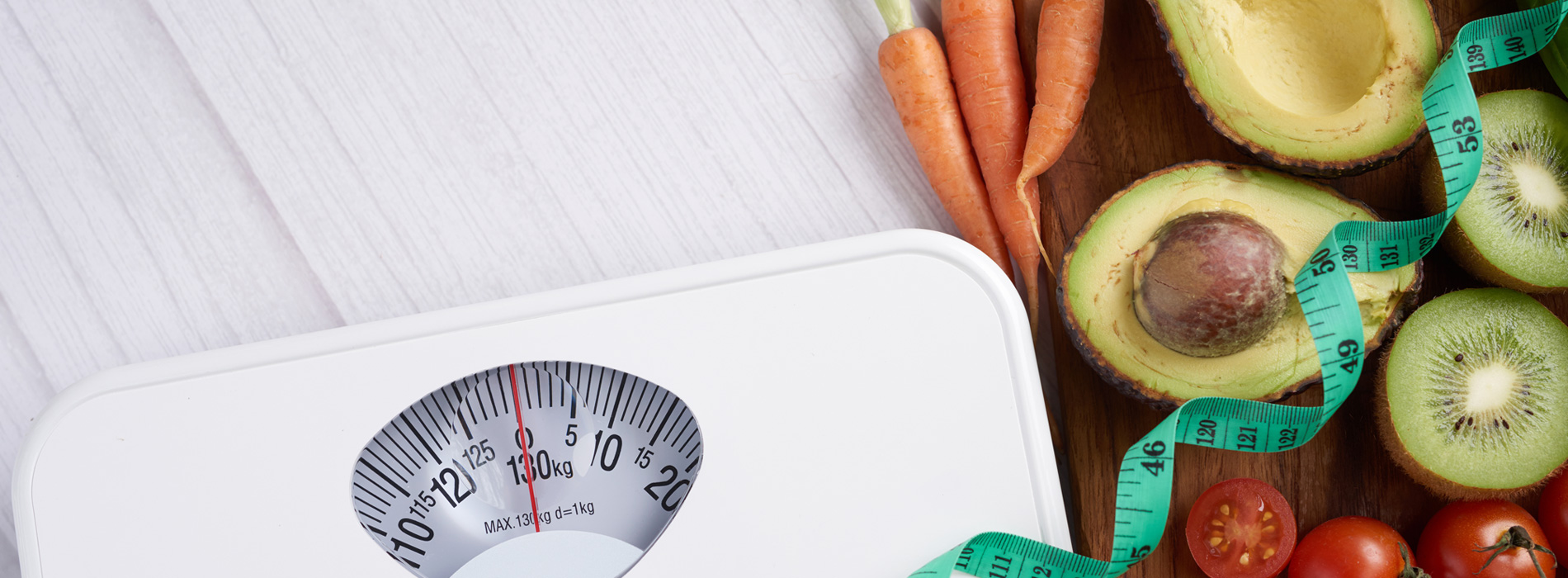

Type-2 Diabetes Program

Key Components of a Diabetes Reversal Diet Program:
1. Balanced Nutrition: A critical aspect of reversing Type 2 Diabetes is adopting a balanced diet that controls blood sugar levels. This typically involves managing carbohydrate intake, focusing on complex carbohydrates (like whole grains), and incorporating plenty of fibre-rich foods.
2. Low Glycemic Index Foods: A diet program for diabetes reversal often emphasizes foods with a low glycemic index (GI). These foods cause slower and more gradual increases in blood sugar levels, helping to keep them stable.
3. Portion Control: Managing portion sizes is crucial for controlling calorie intake and blood sugar levels. Learning how to control portions and practicing mindful eating can be transformative.
4. Healthy Fats: Including healthy fats, such as those found in nuts, seeds, avocados, and fatty fish, can help improve insulin sensitivity and overall health.
5. Lean Proteins: Protein sources like lean meats, poultry, fish, tofu, and legumes can be part of a balanced diet to help manage hunger and stabilize blood sugar.
6. Regular Meals: Eating at regular intervals throughout the day can help control blood sugar spikes. Skipping meals can lead to erratic blood sugar levels.Physical Activity: Incorporating regular physical activity into your routine can enhance the effectiveness of a diabetes reversal program. Exercise helps improve insulin sensitivity, burns calories, and supports overall health.
7. Monitoring: Regularly monitoring blood sugar levels, with guidance from a healthcare professional, can help you understand how different foods and lifestyle choices affect your body.
8. Support and Education: Diabetes education and support are vital. Programs often include resources, classes, or counselling to help individuals make informed choices and develop healthy habits.
9. Lifestyle Changes: Beyond diet, other lifestyle changes like stress management, adequate sleep, and weight management play a crucial role in reversing Type 2 Diabetes.
